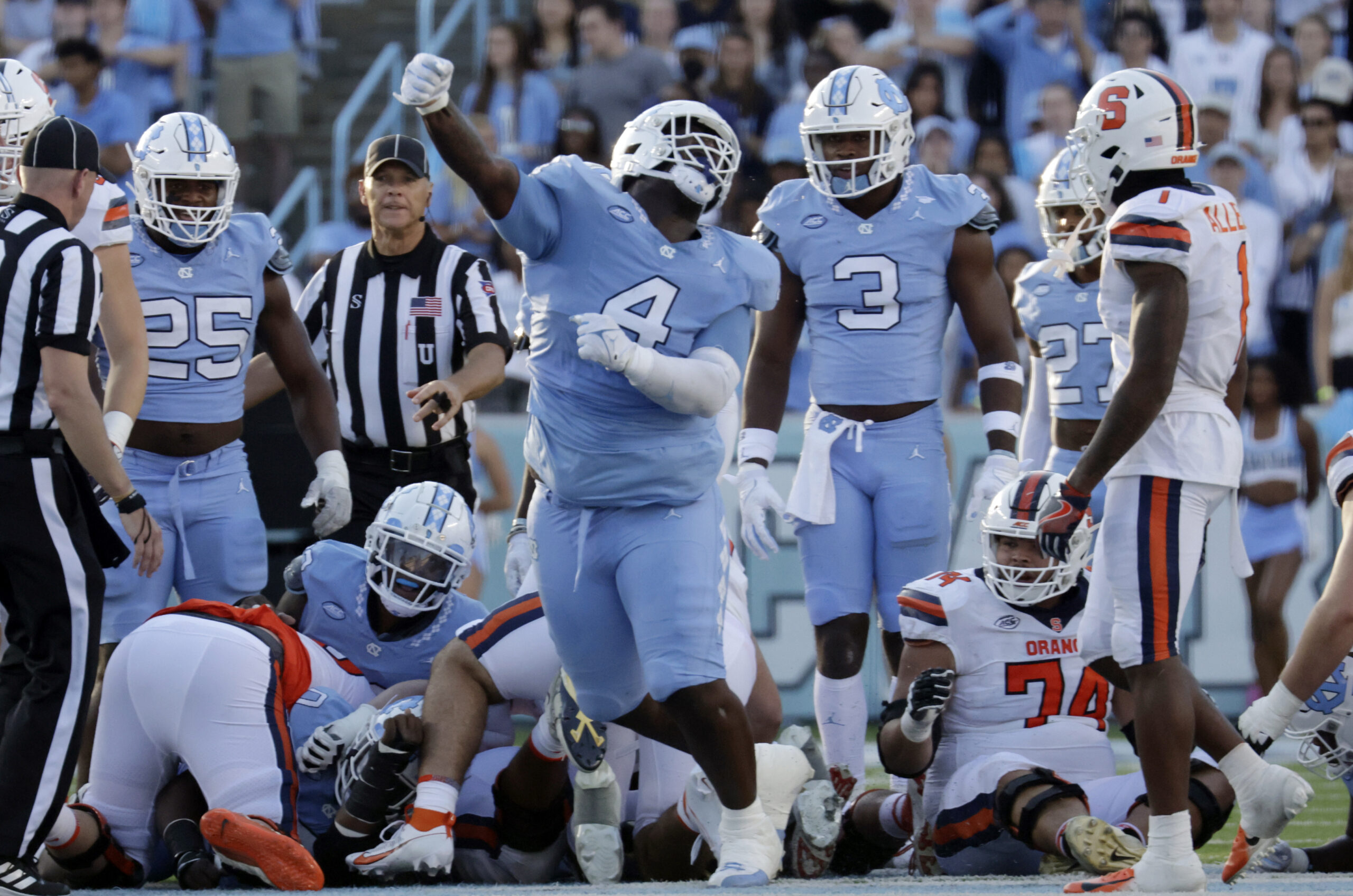It’s a well-known fact that when it comes to the dating scene, you don’t really have to be attractive – you just have to be more attractive than the competition.
And as it turns out, that’s a measurable biological phenomenon.
“If males view images of really attractive faces, they find (an average) face less attractive than if they first viewed images of unattractive faces,” says Susan Lyons, a Ph.D. candidate in biology at UNC.
What she’s describing is called the “contrast effect,” and it’s not just true for humans. Working with her advisor, biology professor Keith Sockman, Lyons has discovered a similar “contrast effect” in sparrows. (Lincoln’s sparrows, to be precise.)
Humans attract each other physically (for the most part), but songbirds like sparrows attract their mates with the quality of their songs – specifically, a characteristic known as trill performance, or “a measurement of how quickly the syllables of a trill can be produced.” Lyons says sparrows likely react to trill performance because it’s an indication of a bird’s skill or vigor; female birds are more attracted to males with higher-quality songs.
But the operative word there is “higher” quality – because as Sockman discovered, the level of trill performance can vary from year to year. Some years, the males will sing extremely well – and other years, the pickings are slim.
“This would suggest that females, in some years when the song performance levels are low, might not find a mate – unless they could adjust the criteria that they use for deciding a song is good enough,” Sockman says.
And so, Lyons began an experiment to determine: will female sparrows react differently to the same song, based solely on the quality of the other songs they hear?
“We exposed females to one week of either more attractive songs or less attractive songs,” Lyons says, “and then at the end of the week, we asked the females to assess the attractiveness for a (new) song that was of intermediate trill performance.”
And as it turns out, the difference makes a difference.
“Females that were previously exposed to the low-performance ‘unattractive’ songs were more attracted to the intermediate song,” Lyons says.
Lyons and Sockman have just published that discovery in the October 15 issue of the journal Biology Letters. (It will also be the first chapter in Lyons’ dissertation.) They say it’s not an unexpected finding, especially given what Sockman observed before – but it is the first time the “contrast effect” has ever been observed in a performance-based sexual signal.
All of which is to say: in the world of sparrows, just as in the world of humans, it’s often important to have a wingman.







Comments on Chapelboro are moderated according to our Community Guidelines